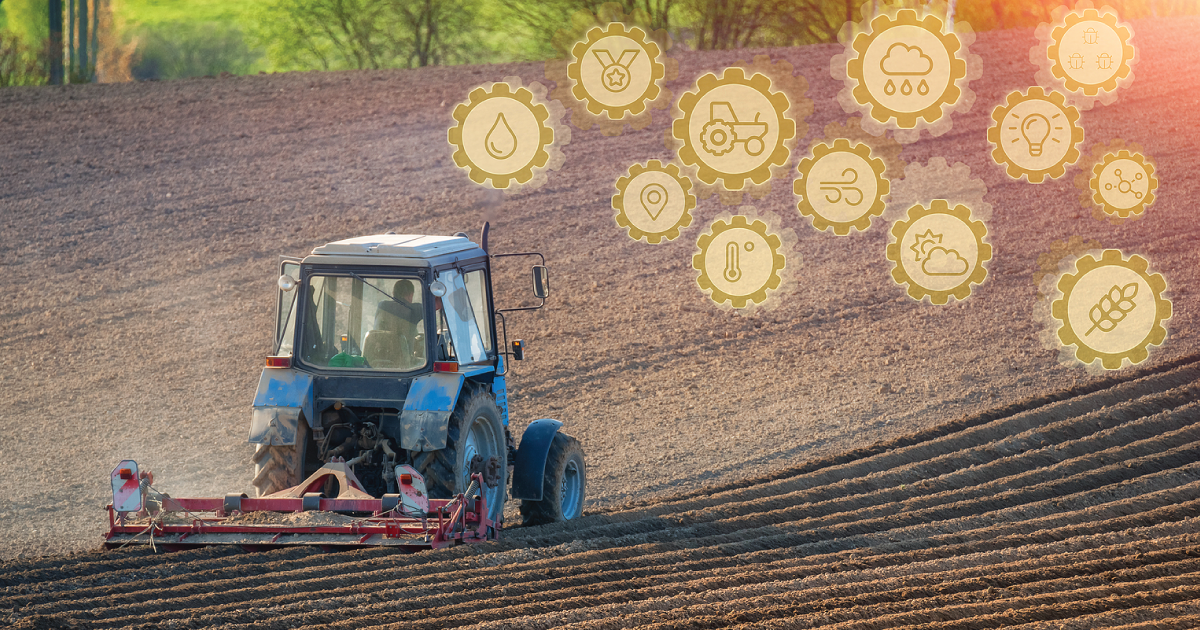
Agriculture’s Greatest Myth
Sustainable, local, organic food grown on small farms has a tremendous amount to offer. Unlike chemical-intensive industrial-scale agriculture, it regenerates rural communities; it doesn’t pollute rivers and groundwater or create dead zones; it can save coral reefs; it doesn’t encroach on rainforests; it preserves soil and it can restore the climate (IAASTD, 2009). Why do all governments not promote it?
April 12, 2021 | Source: Independent Science News | by Jonathan Latham
Sustainable, local, organic food grown on small farms has a tremendous amount to offer. Unlike chemical-intensive industrial-scale agriculture, it regenerates rural communities; it doesn’t pollute rivers and groundwater or create dead zones; it can save coral reefs; it doesn’t encroach on rainforests; it preserves soil and it can restore the climate (IAASTD, 2009). Why do all governments not promote it?
For policymakers, the big obstacle to global promotion and restoration of small-scale farming (leaving aside the lobbying power of agribusiness) is allegedly that, “it can’t feed the world”. If that claim were true, local food systems would be bound to leave people hungry and so promoting them becomes selfish, short-termist, and unethical.
Nevertheless, this purported flaw in sustainable and local agriculture represents a curious charge because, no matter where one looks in global agriculture, food prices are low because products are in surplus.
